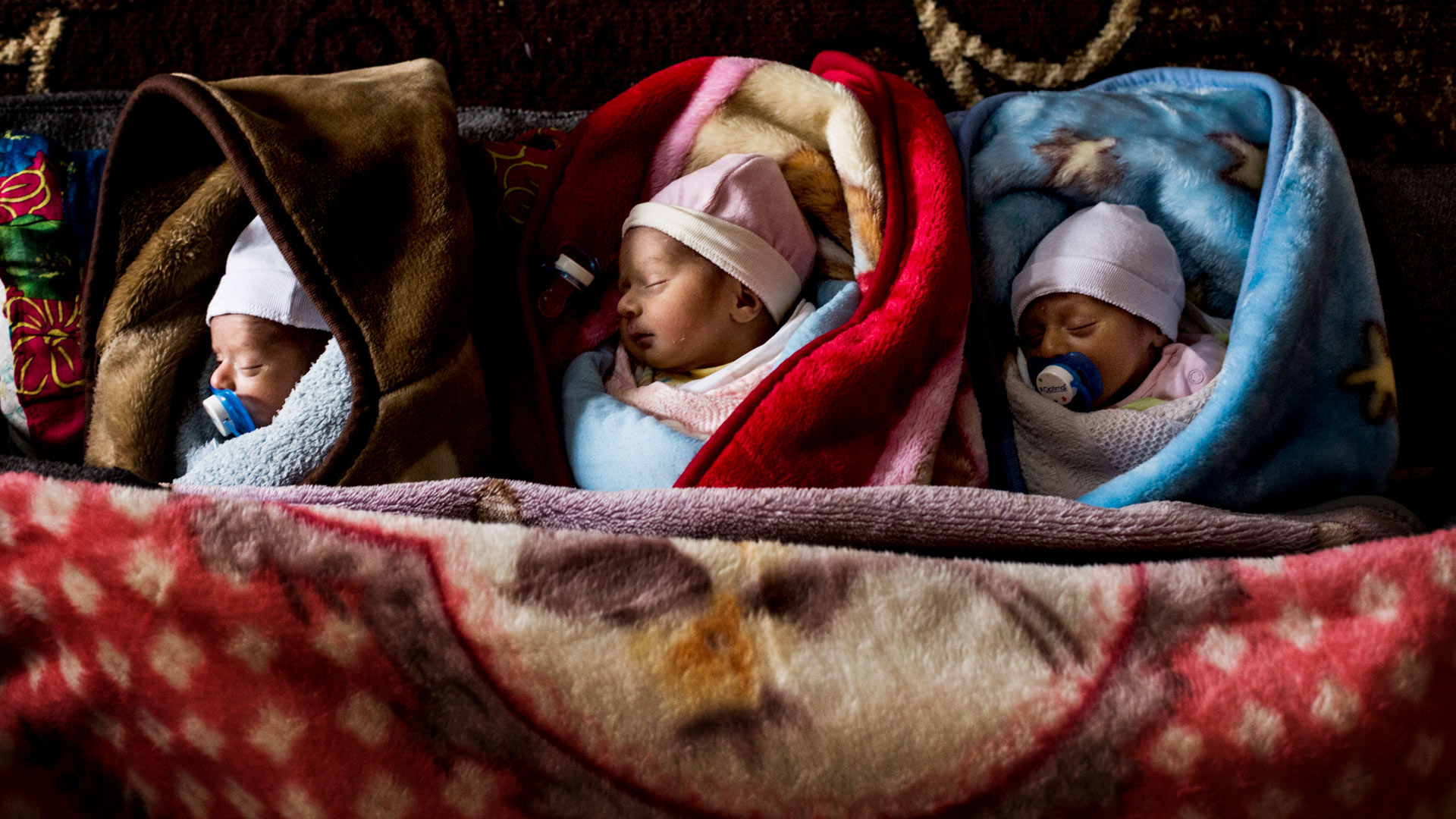Innovative measures slash sexually-transmitted infections in Bangladeshi camps
Innovative measures slash sexually-transmitted infections in Bangladeshi camps

NAYAPARA REFUGEE CAMP, Bangladesh, January 14 (UNHCR) - Zafor Ullah has been a community health worker for his fellow Rohingya refugees for eight years. When his duties expanded nearly two years ago to include condom distribution, he became an immensely popular man.
"The people in my community like to come to my house to get condoms as they can catch me [there] all the time," the 22-year-old refugee from Myanmar explains. "They might have to wait at the clinic and explain the purpose of their visit. So, to avoid all the hassle, they prefer to visit my house."
Using community health workers to distribute condoms out of their houses to both male and female refugees in the two camps in Bangladesh was the breakthrough move in a series of measures taken by UNHCR that have dramatically reduced the incidence of sexually-transmitted infections (STI) among the refugees, says Zahid Jamal Khattak, UNHCR's medical coordinator in Cox's Bazar.
Since the end of 2005, the average STI incidence per month has dropped 67 percent in the Nayapara and Kutupalong Camps, near Cox's Bazar, together home to 28,000 Muslim Rohingya refugees from Myanmar's northern Rakhine state. The actual drop among registered refugees has been greater, Dr. Jamal explains, but the numbers are kept higher by unregistered Rohingya living on the outskirts of Kutupalong who are treated in the camp on a humanitarian basis.
The success comes from a three-year UNHCR programme that started by training staff in the camps' out-patient clinics to recognize and properly diagnose STIs, coupled with increased availability of the correct drugs. However, problems arose in tracing partners to treat all affected patients.
Many male refugees who work outside the camp are having extramarital sex and bringing infections back to their wives, but "culturally, giving condoms to women [in the clinic to prevent future infections] was not very well appreciated," Dr. Jamal explains.
The breakthrough came with the distribution of condoms through the 39 community health workers (14 of them women) in the two camps out of their own homes, rather than the clinics. Religious leaders were included in the health workers' training to avoid any problems.
Condom distribution has skyrocketed from a paltry 780 in 2005 to 62,580 last year, and Mahamuda Khatun, a 32-year-old community health worker, says she gets requests from women refugees as well as men. "Unmarried male and female refugees visit my house in order to get condoms," she says. "They say it will help them to prevent disease."
She says one refugee woman told her she gets her husband to use a condom because "he goes out to work frequently and I don't want to catch any disease from him."
Condom use was also spurred by training on HIV prevention and education on family planning for a population that traditionally has many children. It's the kind of knowledge that Mahamuda wishes she had had earlier. "I have four children. If I had had a chance to know the consequences of having more children, I certainly would have limited my family," she says.
Both Zafor and Mahamuda feel they are helping their community. "The remuneration that I get is very little," says Zafor, "but the contribution that I provide to my fellow refugees is very big."
He's even had some pleasant surprises. One refugee man Zafor thought he had failed to persuade, later came back asking for condoms for birth control. "He said if his family becomes bigger, he will not be able to give them proper education and food," Zafor reports. "This gives me a lot of confidence and satisfaction."
And if UNHCR is able to supply more condoms, Zafor wants to be even more active. "Currently I do not go to refugees' houses to motivate them to take condoms," he explains. "When I have more supply, then I will visit refugees' houses and I'll try to motivate them and make more people aware."
By Ikterrudin Mohammed Bayzid in Nayapara Refugee Camp
and Kitty McKinsey in Cox's Bazar, Bangladesh








